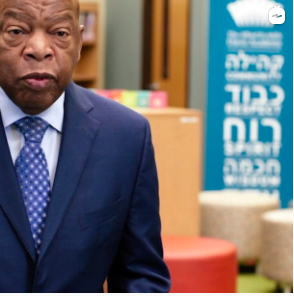
by Lauren | Jul 28, 2020 | Featured
Our friends at Consume Media shared this footage from John Lewis filmed at the Davis Academy in 2017. The Atlanta-based production company posted this to Instagram and thanks to founder, Leo Falkenstein, for allowing us to share it with our community here on Pretty...
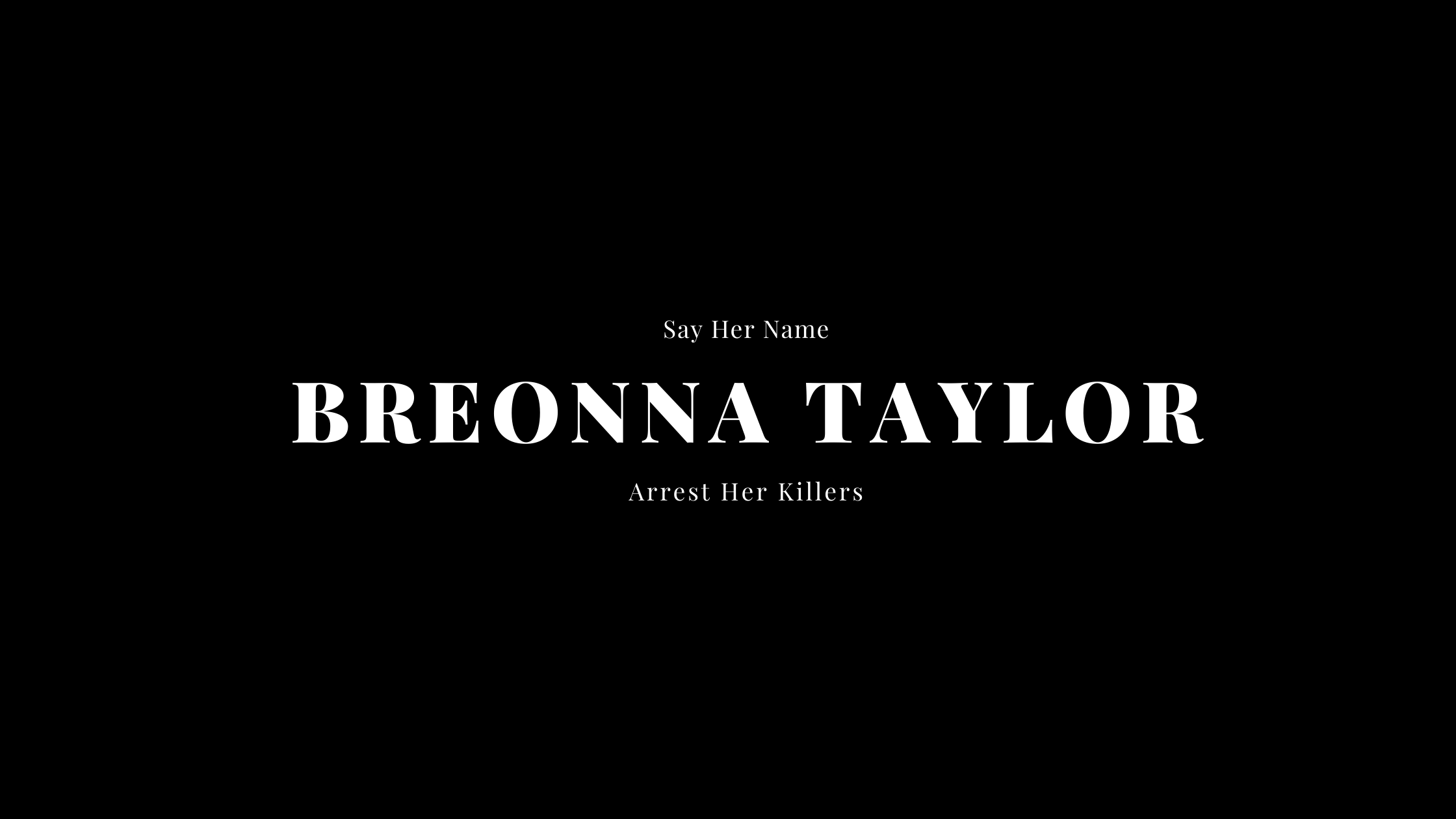
by Kyiah Oliver | Jul 15, 2020 | Opinion
Breonna Taylor was killed by three plain-clothes police officers in her home on March 13, 2020. She was in bed, unarmed, and shot fatally after the officers entered her home using a no-knock search warrant. She was an emergency medical technician and 26 years...
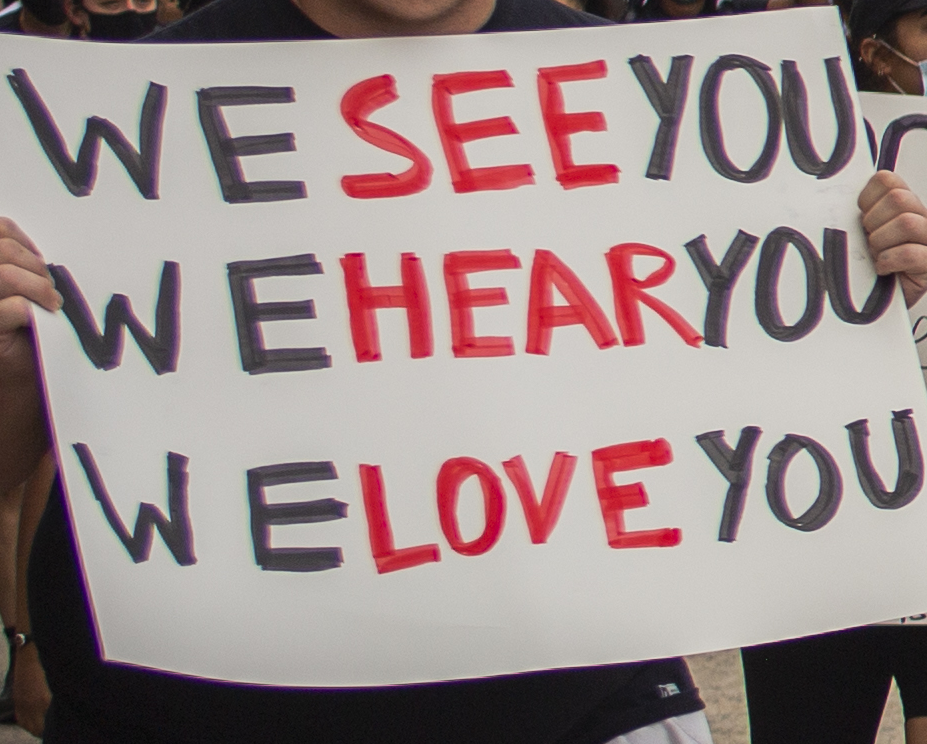
by Lauren | Jul 9, 2020 | Opinion
Editor’s Note – a brief intro to the powerful words by Quay Bowen. We connected with Quay through a marketing group on social media. After hearing her story, we asked Quay to share her experiences with our audience here at Pretty Southern. It has been edited...
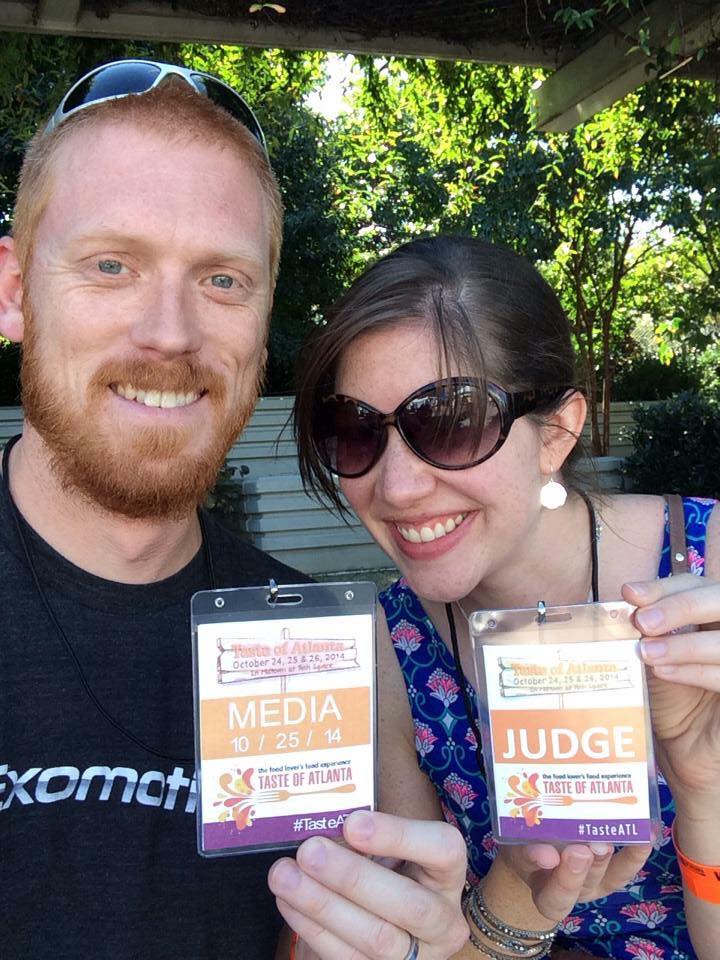
by Lauren | Jun 10, 2020 | Opinion
My birthday is coming up and it’s making me feel all sorts of feels. I’d hoped to have a big blow out party (dba “The Revival”) as Kevin and I are also celebrating 10 years of owning our house + 10 years of marriage this fall. I said a lot of...
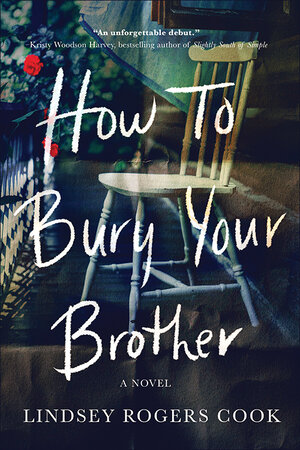
by Lauren | Jun 9, 2020 | Art, Featured
Our mission at Pretty Southern is to share stories about Southerners doing great work in our region and beyond. We’re thrilled to shine the spotlight on Lindsey Rogers Cook who wrote her first novel, How to Bury Your Brother, which debuted in May 2020. Full...
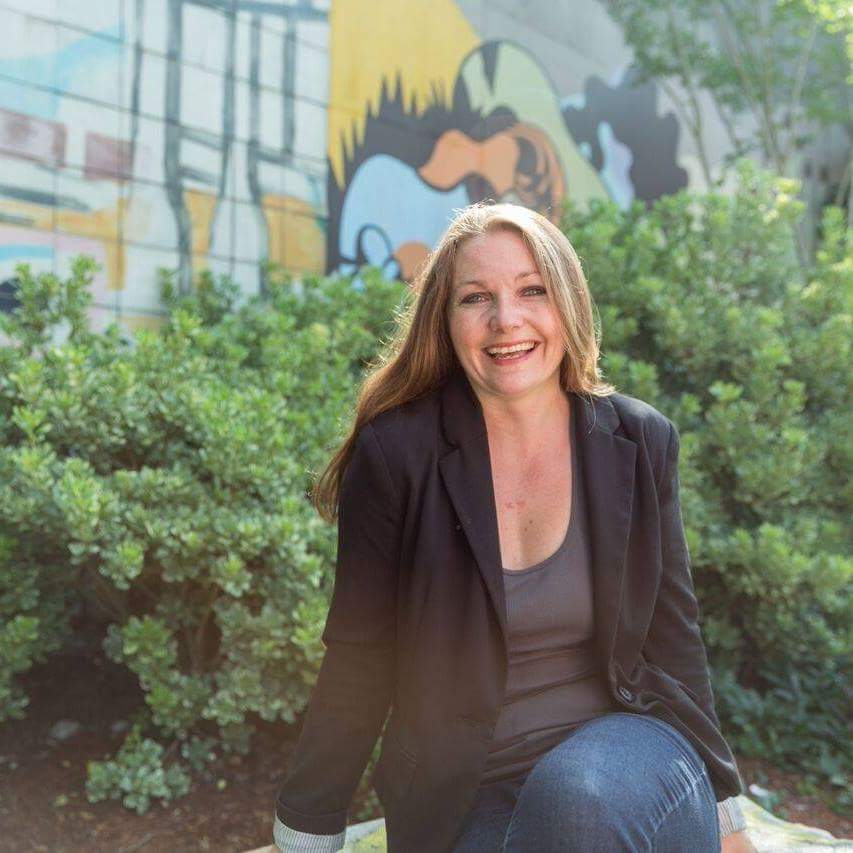
by Lauren | Apr 28, 2020 | Opinion
Editor’s note–the following is a contributed column by Andrea Walker It’s Day _ (I’ve lost count honestly). For the first time in weeks, I wore jeans! Holy crap. I put on my tennis shoes and got in my car and went for a ride around town. With the wind...







